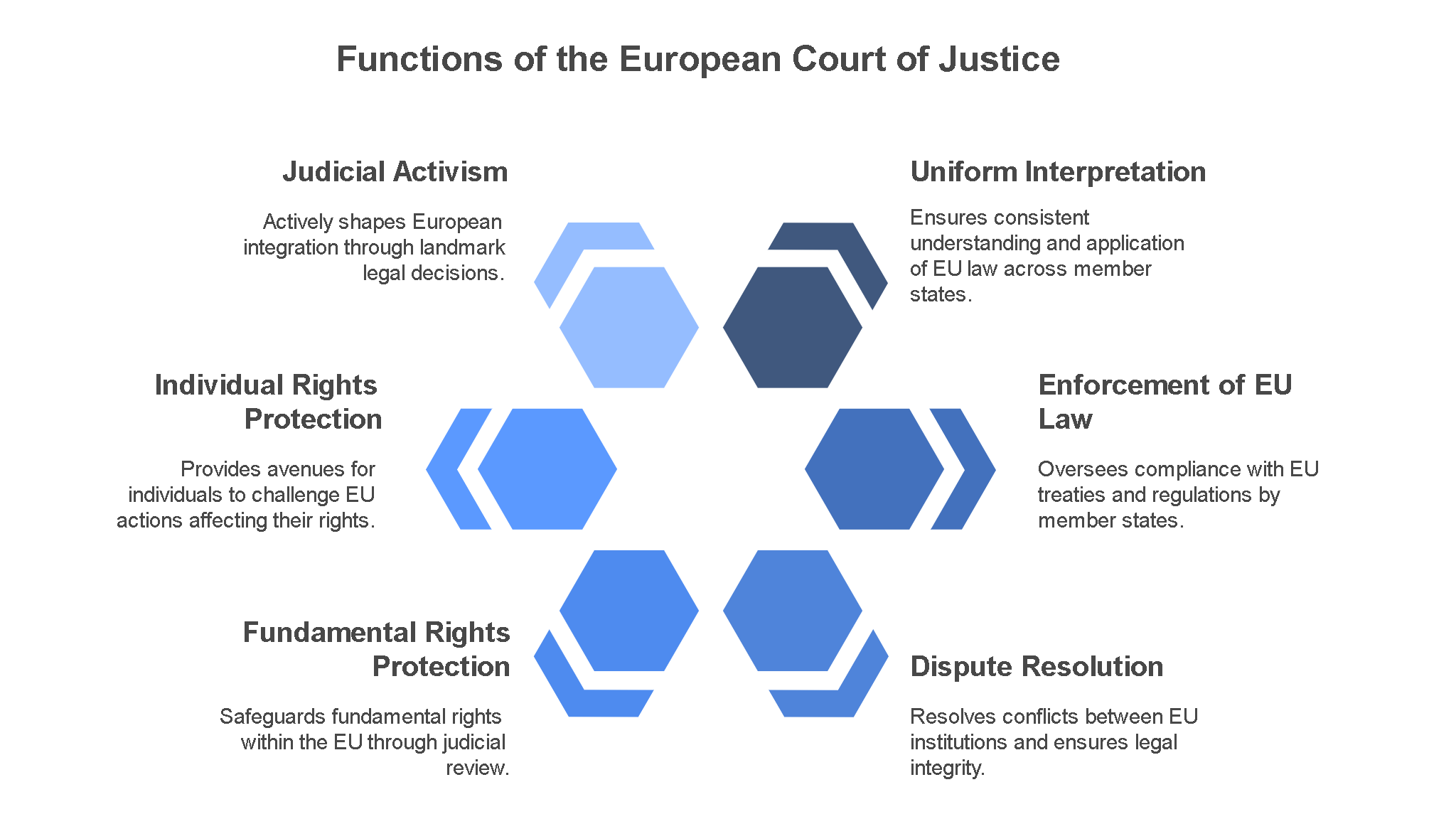Parliamentary sovereignty is a fundamental principle of the British constitutional system, which asserts that Parliament has supreme legislative authority and can enact, amend, or repeal any law without being bound by prior legislation or legal constraints. This concept emerged historically as a reaction against monarchical absolutism and has since evolved to define the relationship between the legislature, executive, and judiciary within the framework of constitutional governance. However, the notion of parliamentary sovereignty is not absolute and is subject to limitations, including judicial review. This essay explores the concept of parliamentary sovereignty, its evolution, and the extent to which it is subject to judicial review.
Origins and Evolution of Parliamentary Sovereignty
The concept of parliamentary sovereignty has its roots in the political struggles of medieval England, where conflicts between the monarch and Parliament over matters of taxation, governance, and individual rights led to the assertion of parliamentary authority. The Magna Carta of 1215, the English Civil War of the 17th century, and the Glorious Revolution of 1688 were pivotal moments in this evolution, culminating in the supremacy of Parliament as the supreme law-making body in the British constitutional system.
The doctrine of parliamentary sovereignty was famously articulated by A.V. Dicey, a 19th-century legal scholar, who posited that Parliament has the power to make or unmake any law and that no other body, including the courts, can question the validity of its enactments. This principle became a foundational tenet of the British constitution and has been reaffirmed by subsequent legal authorities and constitutional theorists.
Scope and Limitations of Parliamentary Sovereignty
While parliamentary sovereignty is a core principle of the British constitution, it is not absolute and is subject to certain limitations:
1. European Union Law: The United Kingdom’s membership in the European Union (EU) introduced a layer of supranational law that constrained parliamentary sovereignty. EU law, as enshrined in treaties and regulations, took precedence over conflicting domestic legislation, leading to tensions between the supremacy of Parliament and the obligations of EU membership.
2. Devolution and Scottish Parliament: The devolution of powers to Scotland, Wales, and Northern Ireland through the establishment of regional legislatures has diluted the unity of parliamentary sovereignty. While Westminster retains ultimate legislative authority, devolved parliaments have the power to enact laws on certain matters within their jurisdiction, creating a complex interplay of legal powers.
3. Human Rights Act 1998: The incorporation of the European Convention on Human Rights (ECHR) into UK law through the Human Rights Act 1998 introduced a mechanism for judicial review of parliamentary legislation. Courts can issue declarations of incompatibility if they find that domestic laws are inconsistent with the rights protected by the ECHR, prompting Parliament to reconsider or amend the legislation.
Judicial Review and Parliamentary Sovereignty
The concept of judicial review refers to the power of courts to review the legality and constitutionality of government actions, including legislation enacted by Parliament. While parliamentary sovereignty traditionally held that courts could not invalidate or strike down laws passed by Parliament, the development of constitutional principles and human rights jurisprudence has expanded the scope of judicial review in the United Kingdom.
The enactment of the Human Rights Act 1998 represented a significant departure from the traditional understanding of parliamentary sovereignty, as it empowered courts to scrutinize the compatibility of legislation with fundamental rights and freedoms. Courts are now empowered to issue declarations of incompatibility if they find that domestic laws are inconsistent with the rights protected by the ECHR, effectively subjecting parliamentary sovereignty to judicial oversight in matters of human rights.
Conclusion
In conclusion, parliamentary sovereignty is a foundational principle of the British constitution that asserts the supreme legislative authority of Parliament. While Parliament traditionally enjoyed broad discretion to enact laws without interference, the evolution of constitutional norms, the expansion of human rights protections, and the influence of supranational legal frameworks have placed constraints on parliamentary sovereignty. Judicial review, particularly in matters of human rights, has emerged as a mechanism for scrutinizing the legality and constitutionality of parliamentary legislation, challenging the notion of absolute legislative supremacy. Despite these limitations, parliamentary sovereignty remains a cornerstone of the British constitutional system, balancing legislative authority with the rule of law and the protection of fundamental rights.



Leave a Reply